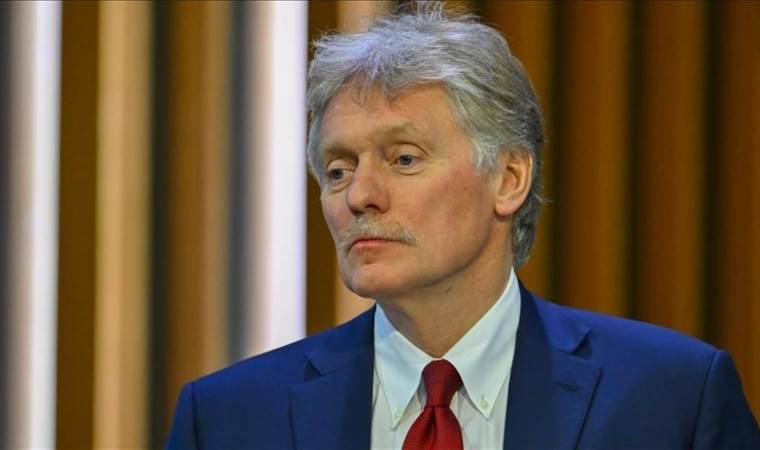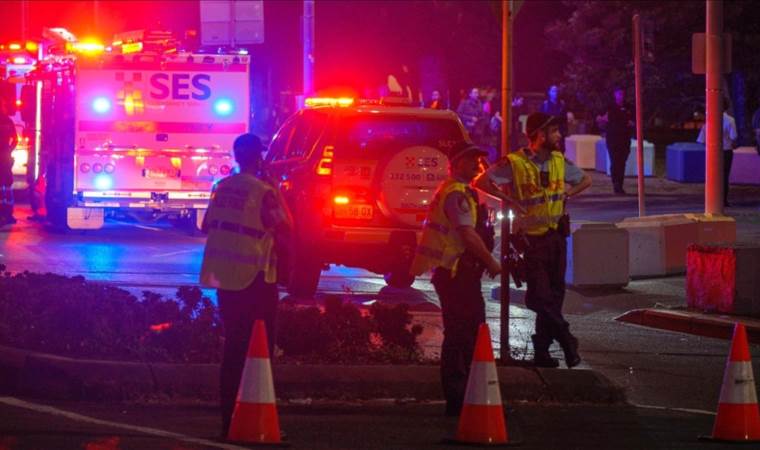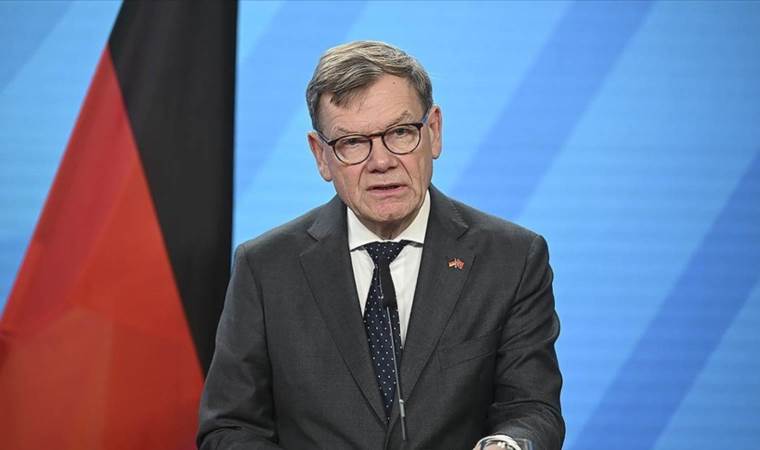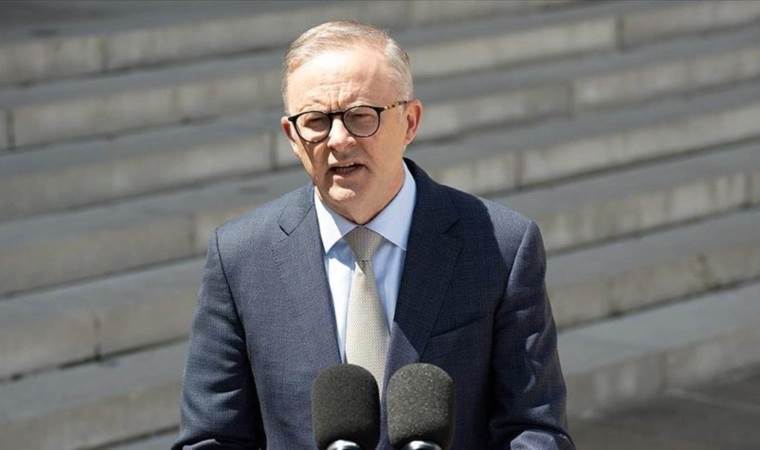BRICS seeks to create ‘a more stable global economic architecture': Russian foreign minister
Russian Foreign Minister Sergey Lavrov said Sunday that the BRICS bloc of developing economies seeks to create “a more stable global economic architecture."
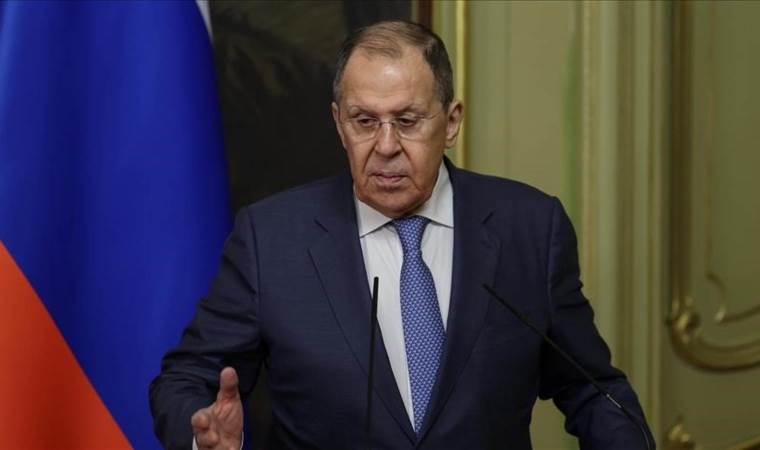
Lavrov's remarks came at the BRICS Summit in Rio de Janeiro, Brazil, according to the Russian Foreign Ministry.
Noting that regional organizations like the African Union, the Community of Latin American and Caribbean States (CELAC), the Association of Southeast Asian Nations (ASEAN), the Shanghai Cooperation Organization (SCO) and the Eurasian Economic Union (EAEU) are gaining influence and efforts are underway to build a new world economic framework based on equality, multilateralism and non-discrimination, he said that "nowadays, BRICS stands as an engine of such transformation, which seeks to create a more stable global economic architecture based on the principles of universality, transparency, non-discrimination and equal access to available opportunities and instruments.”
"Multipolarity is not a choice but rather an objective reality which succeeds the outdated neoliberal model that actually builds on neocolonial practices," he said.
Lavrov said that confidence in the US dollar "as a formerly reliable payment instrument was undermined," adding that today, developing countries are spending on debt servicing more than they are investing in their development.
“The situation is going out of control even in developed states. The US has seen a record level of sovereign debt, which reached $37 trillion, and it continues to grow," he added.
He said BRICS countries account for more than 40% of global GDP based on purchasing power parity, and together with partner countries, this figure is at 45% or $93 trillion," adding that BRICS also accounts for more than 20% of global trade and nearly half of the world’s population.
"The continued use of the IMF and World Bank with a view to preserve neocolonial practices is unacceptable," he added.
Most Read News
-
 Person of interest identified in Brown University shooti
Person of interest identified in Brown University shooti
-
 Hollywood filmmaker Rob Reiner, wife Michele found dead
Hollywood filmmaker Rob Reiner, wife Michele found dead
-
 Russia says issue of Ukraine’s non-accession to NATO req
Russia says issue of Ukraine’s non-accession to NATO req
-
 2 US activists arrested by Israel in occupied West Bank,
2 US activists arrested by Israel in occupied West Bank,
-
 Australian police identify Bondi Beach gunmen as father
Australian police identify Bondi Beach gunmen as father
-
 EU condemns ‘dangerous actions’ by China in South China
EU condemns ‘dangerous actions’ by China in South China
-
 Germany could be Russia’s next target if Ukraine falls,
Germany could be Russia’s next target if Ukraine falls,
-
 Australian premier hints at 'tougher gun laws' after dea
Australian premier hints at 'tougher gun laws' after dea


